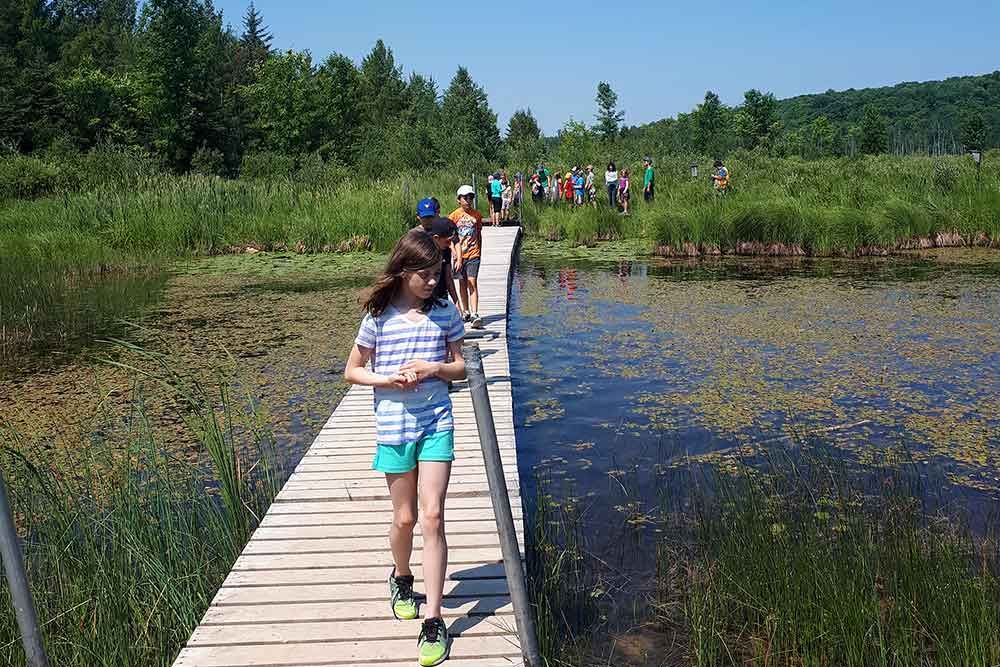Youth in Grey Sauble are Watershed Guardians

Grey Sauble Conservation inspires local students to protect water, habitat as Watershed Guardians
Grey Sauble Conservation Authority (GSCA) is working to inspire school-aged children across its watershed to appreciate their natural environment and embed environmental stewardship into their lives, beginning at a young age. The GSCA is doing this through a new environmental education program called Watershed Guardians.
Fostering relationships with schools, teachers, and students, advocates for the important roles conservation authorities play in protecting and enhancing watershed resources in local communities. Experiential learning and educational programming empowers individuals with the ability to foresee the impact actions and decisions have on ecosystems.
GSCA will offer this new program starting in September 2024. Watershed Guardians focuses on water stewardship and highlights the Watershed Report Card, a key deliverable to their local communities. These report cards are delivered every five years and offer insight into the health of natural resources on a watershed basis. They score watershed health based on tree cover; water chemistry; Escherichia coli (E. coli); and benthic results in the Grey Sauble watershed.
Five watersheds make up the Grey Sauble jurisdiction: the Beaver, Bighead, Pottawatomi, Sauble, and Sydenham Rivers, along with several other lake fringe catchments.
Data in the Watershed Report Card help identify problems, target actions, and support scientifically based decision-making to preserve and improve local ecosystems.
The Watershed Guardians program will be the first of their new signature programs, designed to raise awareness and understanding of the importance of what conservation authorities do as organizations, and ways to enhance the health of these watersheds. It highlights various ways to conserve, restore, and protect these natural resources.
The program aligns with the Grade 4 and Grade 8 Science and Technology curriculum in Ontario. Concepts focus on assessing the impacts of human activities on habitats and communities; freshwater sustainability issues; local and global water systems; and the importance of water management and planning – to name but a few.
To help keep environmental education accessible, and to create as much awareness as possible, efforts are being made to subsidize costs for this programming. Grants and corporate funds will be sought to sponsor classes and individuals, by covering or reducing fees and associated busing costs. Environmental education is not a program that is funded through municipal levy (tax dollars), so every dollar raised, through grants and donations, also helps to cover the costs for the important staff that keep them running.
To learn more about educational initiatives at Grey Sauble, and how you can support them, visit the GSCA website’s education web page.
